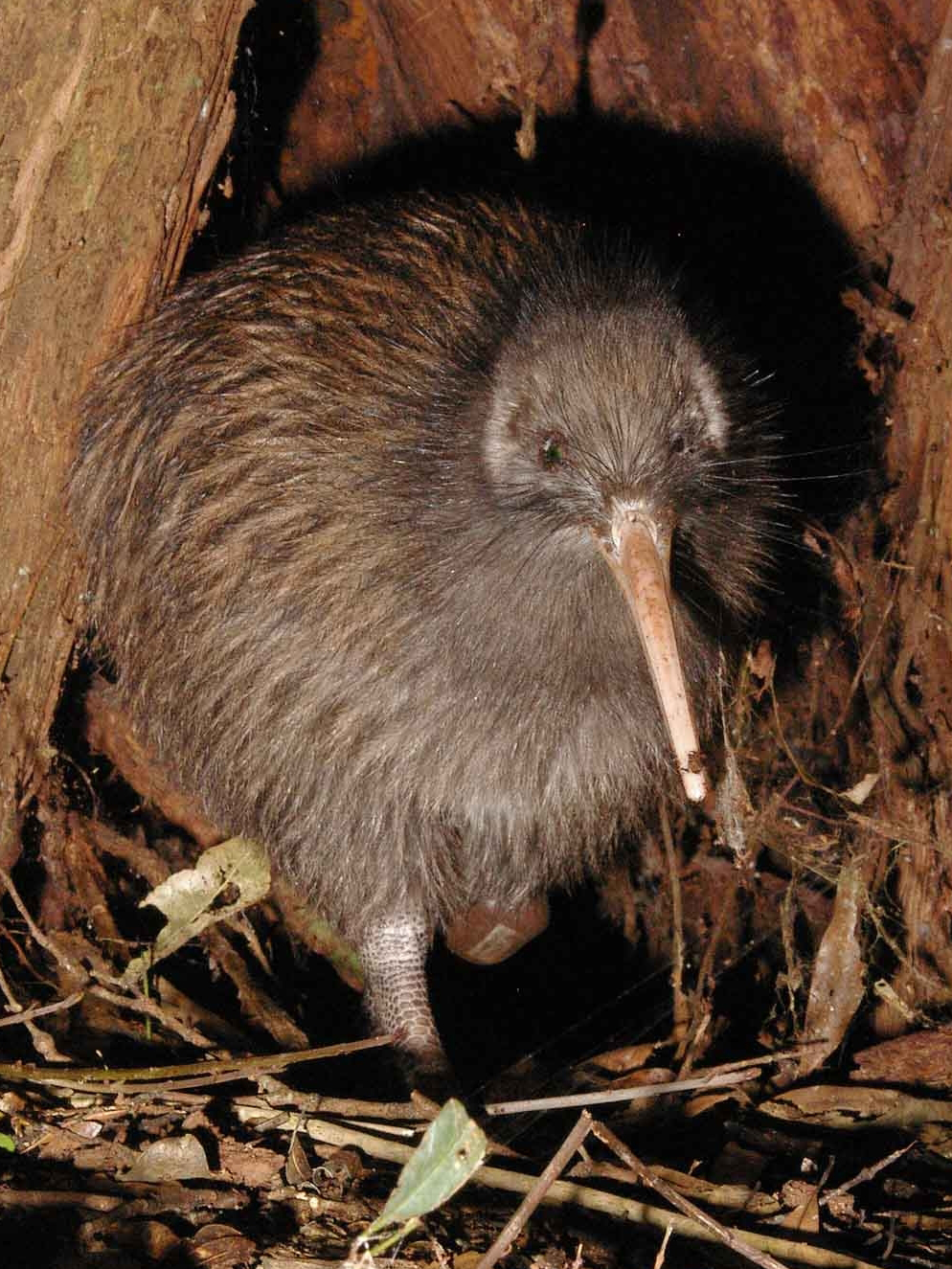New Zealand wants to swap kiwis for pandas.
 New Zealand Prime Minister John Key appears to be up for trying to bring down the price of renting a pair of pandas from the People’s Republic of China by offering up a couple of kiwis in return. In an article in the New Zealand Herald this week, Key is reported to have said: “We’re a special friend of China. Why couldn’t we give them some kiwis? Two for two. Kiwis are worth a lot.”
New Zealand Prime Minister John Key appears to be up for trying to bring down the price of renting a pair of pandas from the People’s Republic of China by offering up a couple of kiwis in return. In an article in the New Zealand Herald this week, Key is reported to have said: “We’re a special friend of China. Why couldn’t we give them some kiwis? Two for two. Kiwis are worth a lot.”
Indeed they are. But though all of the Kiwi’s kiwis are endangered, why stop there? New Zealand might get more leverage bartering with an even rarer species. This point is made rather nicely by columnist Brian Rudman in a follow-up article in the Herald. The kakapo is far more endangered, he says, with just over 100 individuals left. There’s also the takahe, a giant flightless bird once assumed extinct but rediscovered in the 1940s with an estimated population size of just 250.
But here’s the serious side to this story. I think I have reconciled myself to the way panda loans are currently handled. Just to recap, for those of you that don’t know, a recipient institution will negotiate with the People’s Republic to receive a pair of pandas (male and female) for a long-term, usually 10-year period. They have to pay for the privilege. In the US, the price currently stands at US$500,000 per panda pair per year, money which is ploughed back into the conservation of wild pandas in China – either directly or though building the infrastructure in the country. In addition, and very importantly, the recipient institution must commit to carrying out research on their pandas, something that has radically transformed our understanding of this species. Few zoos that receive pandas on loan recoup their outlay through increased gate receipts. But they know this before they sign; they are prepared to go ahead for the less tangible educational, research and public relations opportunities that having pandas opens up.
I am not, however, comfortable about putting an explicit price on rarity implied by the rhetoric over kiwis and pandas. II haven’t quite worked out why, but I feel that it is one important step further and not very different from the money-making motivation behind the illegal trade in endangered species that sees some very strange people paying hundreds of thousands of dollars to (illegally) obtain a panda skin to drape on their wall. Am I right? I would welcome your thoughts.
It is perhaps rather telling that John Key, before he became Prime Minister, was a banker. I do hope the Chinese will be above this grubby bartering.